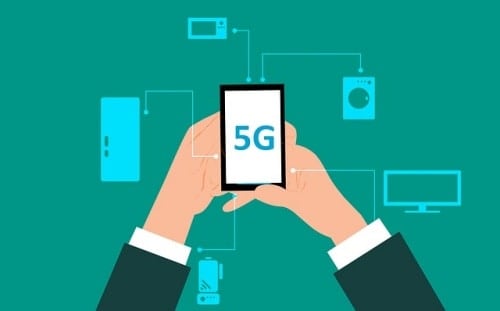According to the latest report from ResearchAndMarkets.com, seven key vertical industries in the Asia Pacific is set to be transform in the next seven years.
As a result, the total 5G market in Asia-Pacific is expected to grow to approximately US$279 billion in 2026. The seven major industries that will contribute to this outcome, include government, manufacturing, transportation, finance, retail, agriculture, and media and entertainment. The key drivers of implementing 5G within these industries are the potential revenue growth opportunities for mobile operators and new business models.
Evolving business models
Entitled "Key Verticals to be Transformed by 5G in Asia-Pacific, 2018-2026", the report predicts that the transformation of these seven verticals will facilitate the evolution of business models and is expected to create economic value.
In order to transform industry applications and business models, the integration of 5G with other technologies is highly recommended. Network slicing is a significant feature in 5G, enables connectivity and data processors to be tailored to specific requirements and provide end-to-end virtual systems for the industry.
It is predicted that the region would see more edge computing utilization within 5G networks. Manufacturing, government, and the transportation industry will be among the initial few industries to experience the impact of 5G. The current increasing demand for video content indicates that 5G will bring a new dimension to the media and entertainment industry in Asia-Pacific.
IoT’s big role
5G technologies, such as artificial intelligence, edge computing, and automated control, will especially enhance the Internet of Things (IoT) use cases and create 5G-enabled revenue growth opportunities for mobile operators, the report revealed.
Demand is building for small-scale private networks and 5G-ready networks within Industrial IoT (IoT). The government sector, in particular, is expected to contribute the largest revenue component among key verticals as a result of the adoption of automation technologies and smart city applications.
Security is a critical success factor, as 5G will enable Massive Internet of Things (MIoT) applications, such as traffic sensors and Vehicle-to-infrastructure (V2I) services. It is critical that hackers do not get access to sensitive data, hijack IoT devices, or disrupt the 5G services. In view of this, security has been a top priority in most industries, particularly in healthcare and finance.



